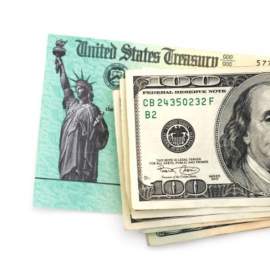
A Full Guide to an Excise Tax

Excise tax background
The excise tax is applied to items such as gasoline, alcohol and tobacco on a per volume basis. In other words, the excise tax would be applied to each gallon of gasoline. The tax may also be applied on the local, state and federal level. The tax is added to the price of an item, making it difficult for consumers to know how much the tax is on each item.The tax is an indirect tax, which is collected by the retailer and then passed onto the appropriate tax jurisdictions.
Customs vs. excise tax
Customs imposes a tax on items brought into the country, from another country. The item may have been purchased or received as a gift, but it is subjected to the customs tax either way. Customs may impose taxes on a per volume basis, on the total value of merchandise, or based on the materials used to manufacture an item. In some cases, Americans may bring items into the country that fall below a certain value threshold, without having a tax imposed.
Excise vs. duty
An excise duty, as it is sometimes referred, is the tax imposed on items purchased inside the country. Whereas, a customs duty is imposed on items brought into the country from another location. In many cases, items may be brought into the country duty free. For example, items can be purchased at duty free shops and be brought into the country without having a tax imposed, as long as the value of those items falls below a certain threshold or value or volume.
NEXT: Fighting Obesity with a Fat Tax





















